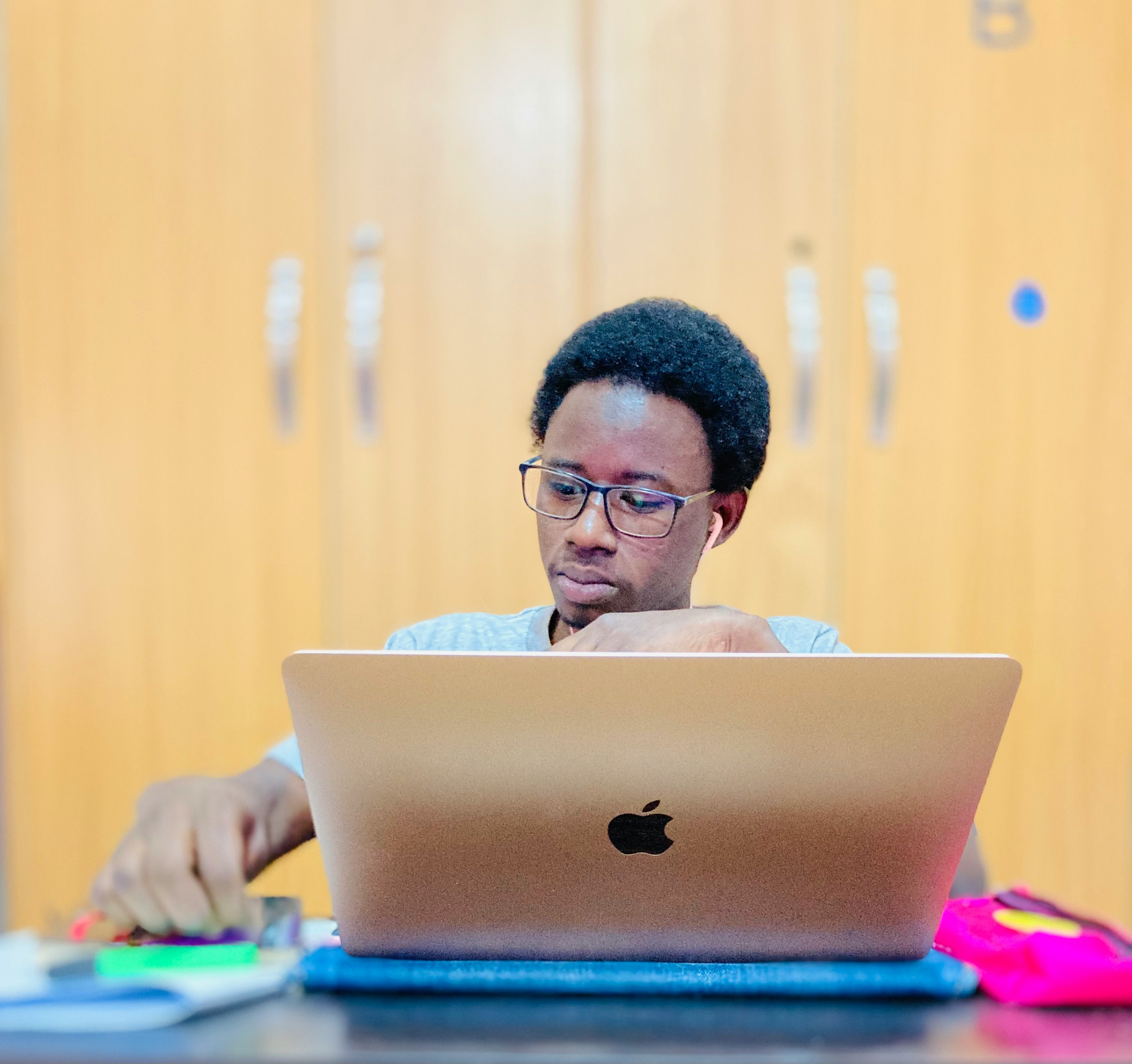We've partnered with the
Lab for Scalable Mental Health out of Northwestern University led by Jessica L. Schleider, Ph.D. Our work brings together the best of researched single-session interventions and real world deployment to positively impact young people.
Project YES, which is now being disseminated both online and in clinics, school districts, and health systems around the US, is just one example of how our collaboration together is accelerating impact.
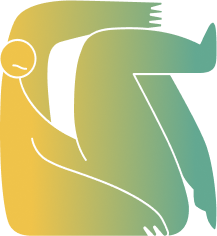
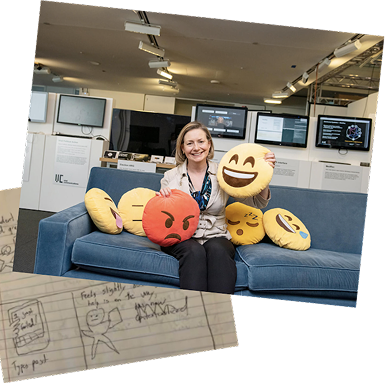
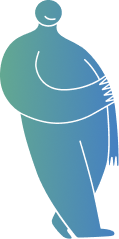


.png)

.png)


.png)
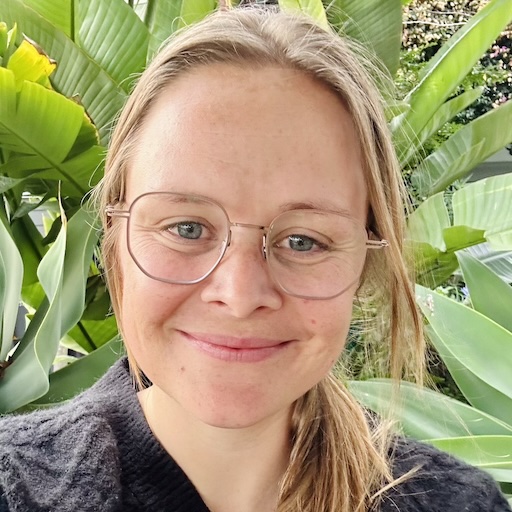
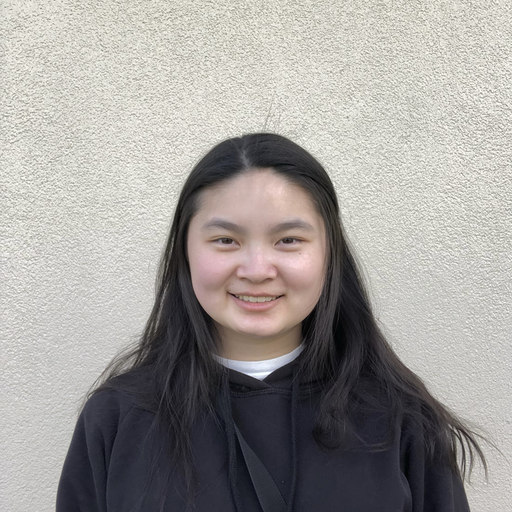
.png)
.png)
.png)
.png)
.png)
.png)
.png)
.png)
.png)
.png)
.jpg)
.png)
